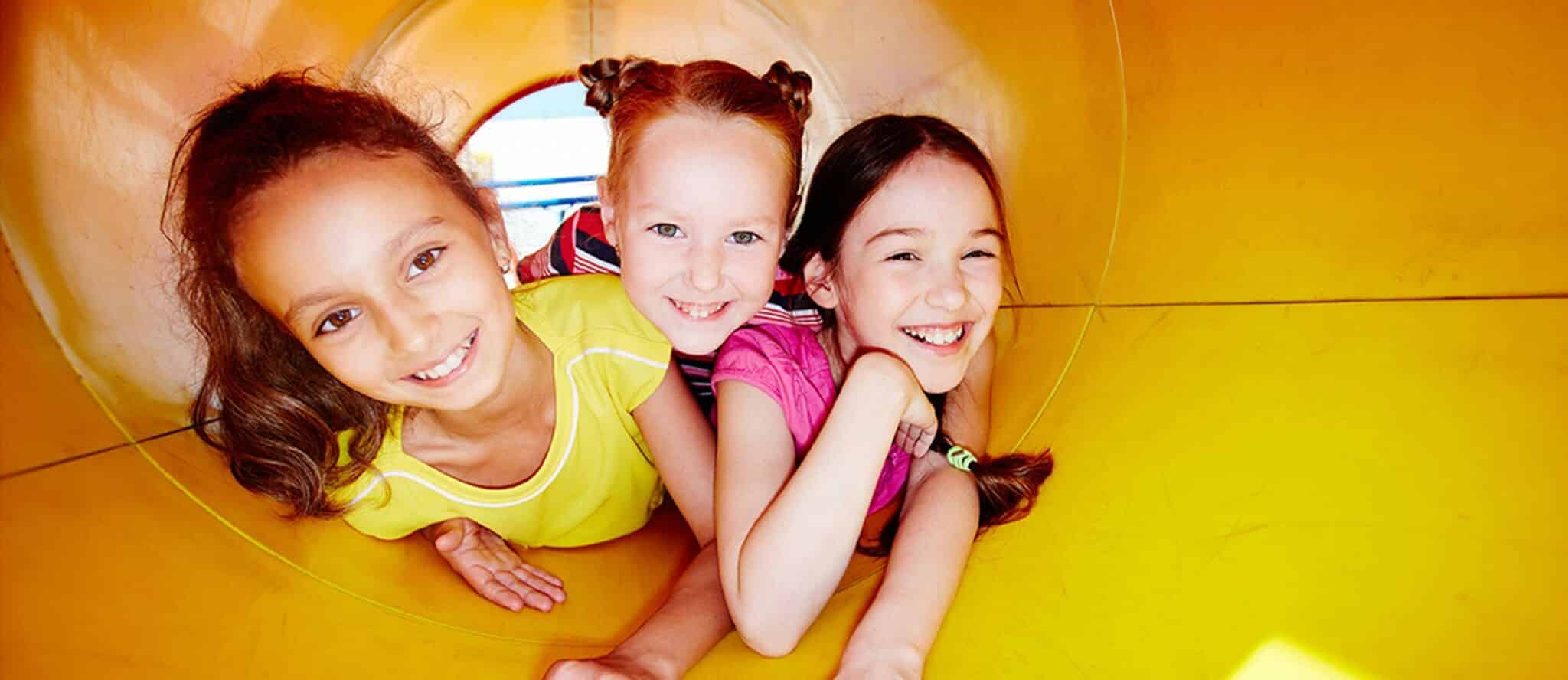
The Second-level short specialisation degree in Developmental Disorders and Pathologies prepares child psychology and neuropsychiatry experts to acquire a solid diagnostic and intervention methodology, concerning neurodevelopment and psychopathology disorders at developmental stages.
The course deals with the main developmental disorders, through sample cases and hands-on practice. It presents the diagnostic tools and rehabilitative and psycho-educational intervention techniques with proven results, useful to identify the symptoms of clinical cases and the level of severity of the disorders.
The Master’s Course provides a scientifically-sound diagnostic and operational methodology to treat developmental psychopathologies.
The course units of the Second-level short specialisation Degree in Developmental Disorders and Pathologies treat several fields of developmental psychopathology:
- Anxiety and mood disorders in children and adolescents;
- Assessment and intervention on Neurodevelopmental Disorders’ behavioural and relational aspects;
- ADHD: behavioural, relational, parent training aspects;
- Autistic Spectrum disorders;
- Intellectual disabilities and genetic syndromes;
- Non-Verbal disorder;
- Motor coordination development disorder;
- Personality disorders;
- Psychopathology of addictions;
- Dysfunctional families and family intervention;
- Bullying and psychopathology in adolescents;
- Assessment of the intervention’s effectiveness and outcome indicators.
For the majority of the disorders treated during the theoretical lessons, there will be full days dedicated to in-class debates and hands-on practice with psycho-diagnostic tools on the medical cases proposed by the Master’s professors or by the students. The course professors include some of the leading experts on developmental psychopathology at national and international level.
The Second-level short specialisation degree in Developmental Disorders and Pathologies is addresses to developmental psychopathology professionals, and provides training on the psychological and psychoeducational techniques used in this field. Competencies include clinical diagnosis, reference theoretical models, rehabilitation treatments and situations where a combined intervention (rehabilitation, psychological, psychoeducational and pharmacological) is required.
The professional figures (child psychologists and neuro-psychiatrists) formed by the course will become expert in identifying – based on the diagnosis – the implications and evolutionary trajectories of the disorders, and therefore suggest targeted interventions.
Particular attention is paid to those techniques not expressly covered by graduate schools (e.g. parent training, coping power, Teacch, Denver, ABA, etc).
The Second-level short specialisation degree in Developmental Disorders and Pathologies provides training on:
Module 1: ASSESSMENT AND DIAGNOSTIC CLASSIFICATION
It presents the main tools to diagnose the disorders in children and adolescents.
Module 2: ANXIETY AND MOOD DISORDERS
It analyses and mood disorders in children and adolescents, social phobia in children and adolescents, and related pharmacology.
Module 3: AUTISTIC SPECTRUM DISORDERS
It deals with how to assess and intervene on Neurodevelopmental Disorders’ behavioural and relational aspects
Module 4: PARENTAL BEHAVIOUR AND DEVELOPMENTAL PSYCHOPATHOLOGIES
It deals with how to assess and intervene on parental behaviour and psychopathological consequences.
Module 5: BULLYING AND PSYCHOPATHOLOGY IN ADOLESCENTS
It describes the theoretical and intervention models on bullying and other adolescent-related psychopathologies (substance abuse and eating disorders).
Module 6: DISRUPTIVE BEHAVIOUR AND UNCONTROLLED IMPULSE DISORDERS
It describes the theoretical, assessment and intervention models concerning: oppositional defiant disorder, conduct disorder, ADHD and behavioural disorders pharmacology.
Module 7: ABILITY TO ADAPT IN DEVELOPMENTAL PSYCHOPATHOLOGY
It deals with developmental and intercultural disorders, psycho-paediatric oncology and ability to adapt of developmental disorders.
Module 8: INTELLECTUAL AND MOTOR DISABILITIES
It deals with genetic syndromes, intellectual disabilities and motor skills developmental disorder.
The general ranking of merit for the academic year 2023/24 will be published on the Italian page of this Master according to the timing provided in the Call.
Information
FAQ
Yes, there will be a 250-hour traineeship to be completed within the Padua University’s partner facilities, based on the Master’s requirements.
The Master’s include a final exam to assess the general acquisition of the contents covered during the lessons, and the drafting and discussion of a dissertation, whose topic can cover the results of a research on developmental disorders, or the description of a clinical case.
The Master’s Course provides cognitive and operative tools (from diagnostic methods to the different forms of intervention) on the following neurodevelopmental disorders or developmental psychopathologies: anxiety and mood disorders; ADHD; autism spectrum disorders; personality disorders; intellectual disabilities; adolescence issues (bullying, eating disorders, substance abuse); motor coordination disorders.
Some lessons will focus on different assessment tools, such as Nepsy II, ADOS-ADI, Griffiths III Scales, Leiter 3 Scale. While other lessons will be focused on intervention programs concerning several neurodevelopmental disorders, and also on psycho-educational treatment for anxiety disorders and on third-generation cognitive-behavioural treatment. The Master’s Course will issue the Coping Power Program licence.
The lessons of the Second-level short specialisation degree in Developmental Disorders and Pathologies will be held on Friday (10 am – 6 pm) and Saturday (9 am – 5 pm) every two weeks. Attendance of at least 70% of classes during the year is mandatory.

